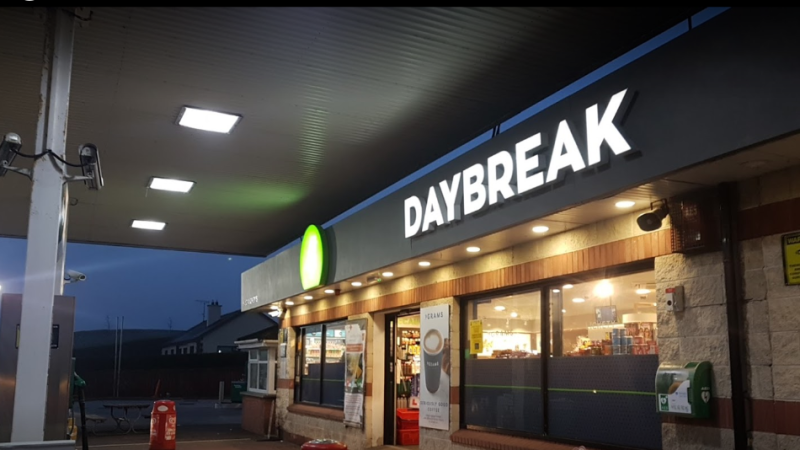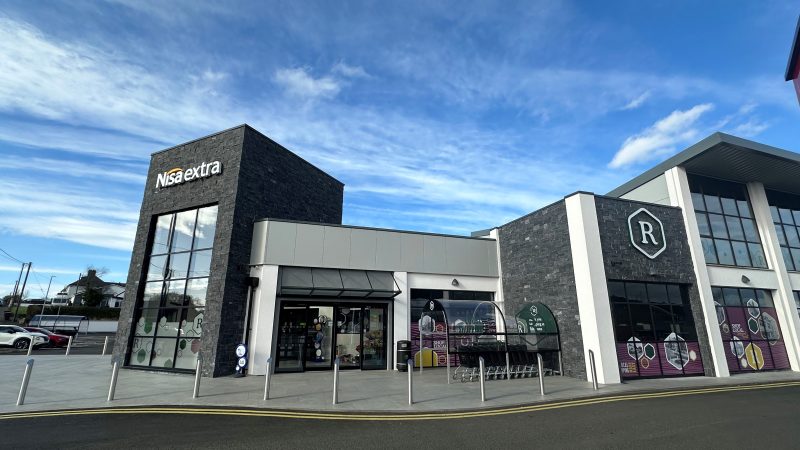Shaping the future of Irish retail

Retail Ireland – the organisation that represents retailers across Ireland – announced in January the appointment of a new director.
Having joined Ibec in 2003, and most recently headed up strategic campaigns within the organisation, Arnold Dillon is well-positioned to lead the sector through a period of rapid change.
“It’s a great opportunity for me to work in such a dynamic and interesting sector,” says Arnold. “The retail industry in Ireland is facing some significant challenges but there are also some enormous opportunities for the future and that will be reflected in the policies we will be pursuing over the coming months.
“2019 was a broadly positive year for retail, but we’re still seeing some significant competitive pressures and these are down to a number of factors. Intense competition in the domestic market and also growth in online sales channels means that it is becoming increasingly trickier for retailers to trade in that environment.”
At the time of going to press, the result of February’s General Election is yet to be announced, but there are several issues that the new government must tackle to sustain the retail industry in Ireland.
Feeding into Retail Ireland’s Competitiveness Agenda, the organisation seeks to see many of the costs associated with doing business in Ireland significantly reduced or offset by the government. To do this, Arnold believes, it is imperative that government policy makers recognise the vital role retailers play in the community, as the largest private sector employer in Ireland.
“Not only has the sector got an enormous positive economic impact but that impact goes beyond just the economic numbers and the jobs into the active role retailers play in their communities around sustainability, city and town regeneration and supporting local charity and sports groups,” he says.
The cost of insurance premiums has posed a considerable strain on Irish retailers over the last number of years due to fraudulent and exaggerated claims. However, Arnold believes ongoing attempts to reform the system must be implemented by the summer.
“We are hoping for a significant revision to the claims guidelines for in the courts, which we thing should lead to reduced insurance premiums,” he says.
Another costly issue affecting the sector is the current rates premium.
“The Local Authority Act of last year was meant to streamline the rates system but it didn’t do this, so additional measures are now needed to address the outstanding issues in this regard. We’ll be working with any new government to ensure these reforms take place.”
More funding must also be put into the Garda Síochána to keep retail crime at a minimum, and additional resources created to help retailers navigate the complexities of Brexit.
Government policy aside, Retail Ireland will continue to focus on its People Agenda in 2020, especially through the Retail Ireland Skillnet and the sector’s recently launched Apprenticeship Scheme.
“There is definitely a challenge for employers to get the right people and retain the right people in roles when there is that level of competition out there in the work force. One of the key responses of the sector is to try and invest in their own people and make retail an increasingly attractive career opportunity.
“Thankfully the broad economy is still continuing to perform really well and that’s an important basis for retailers to perform strongly. But, there are also ongoing challenges and disruption happening in the sector, which we will continue to focus on throughout 2020.”








